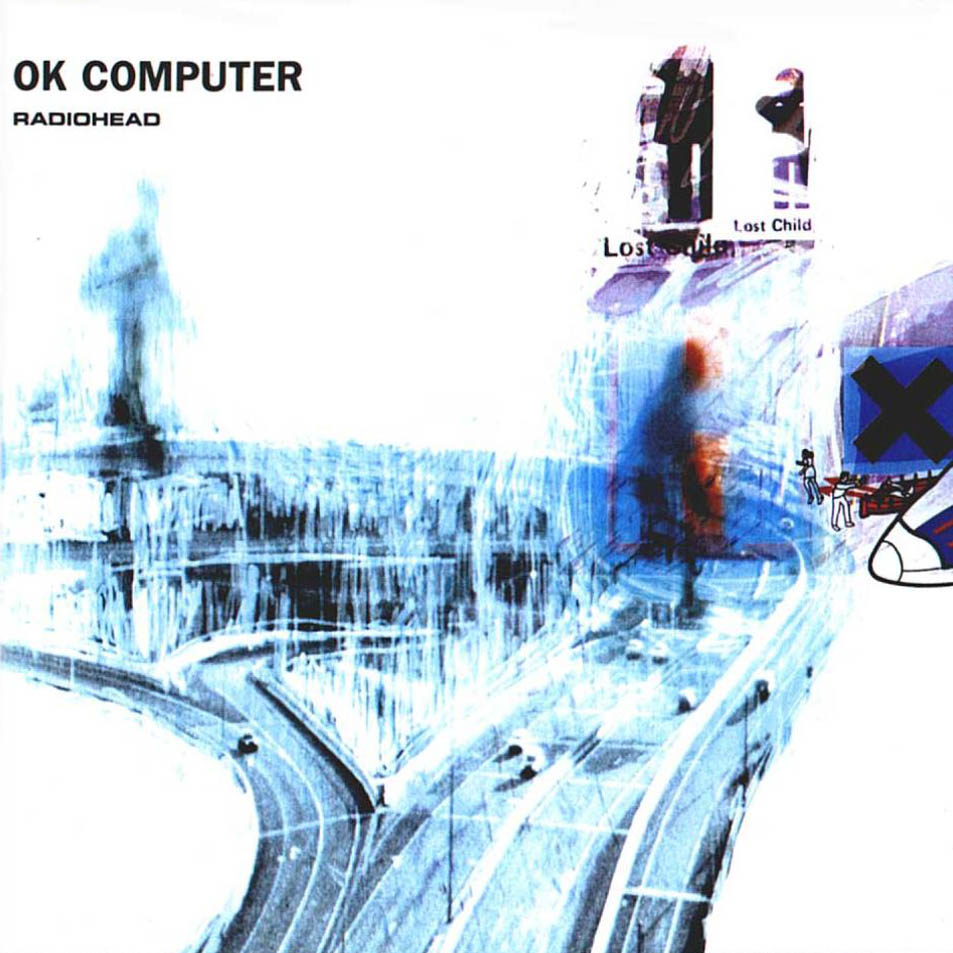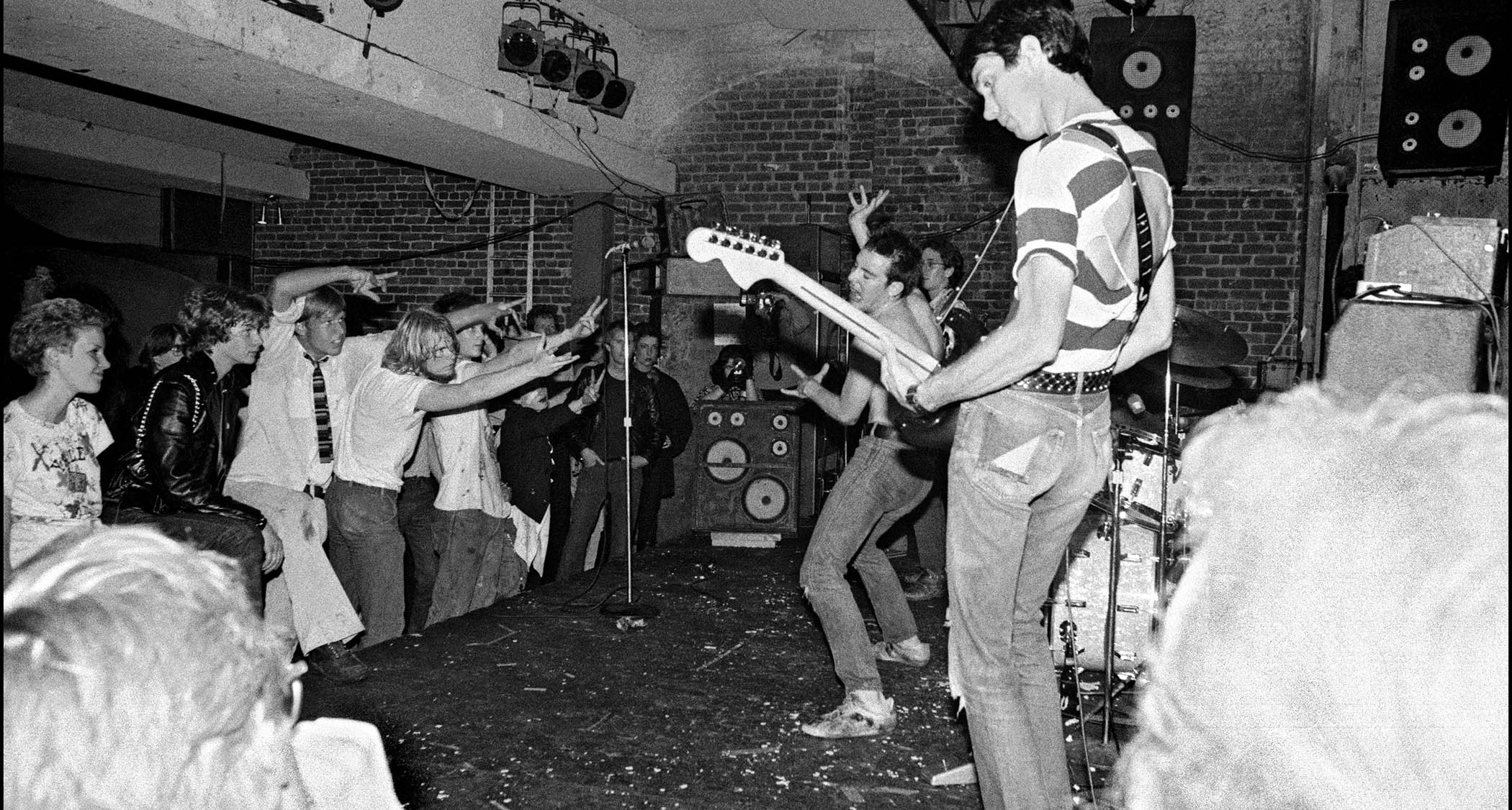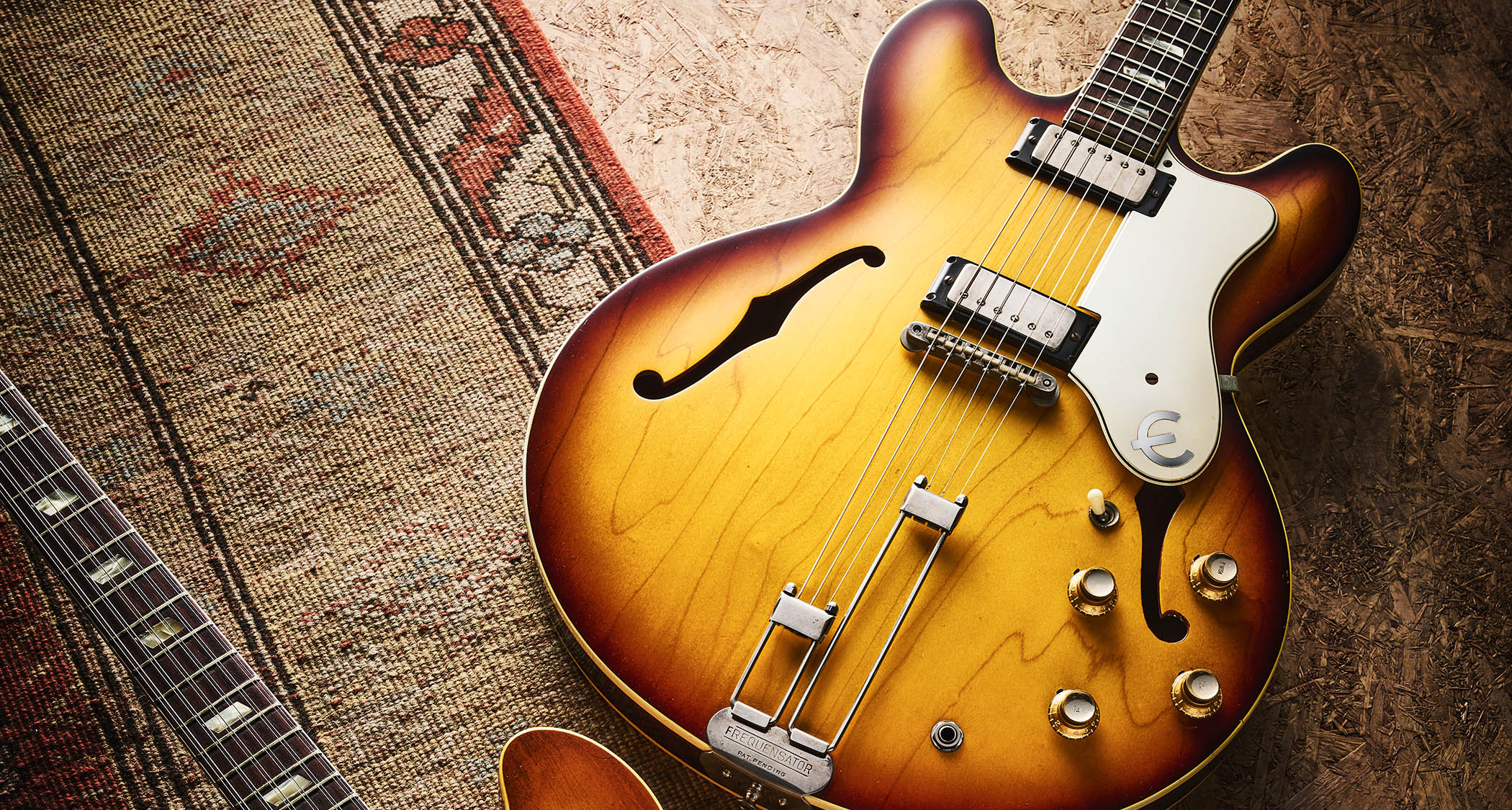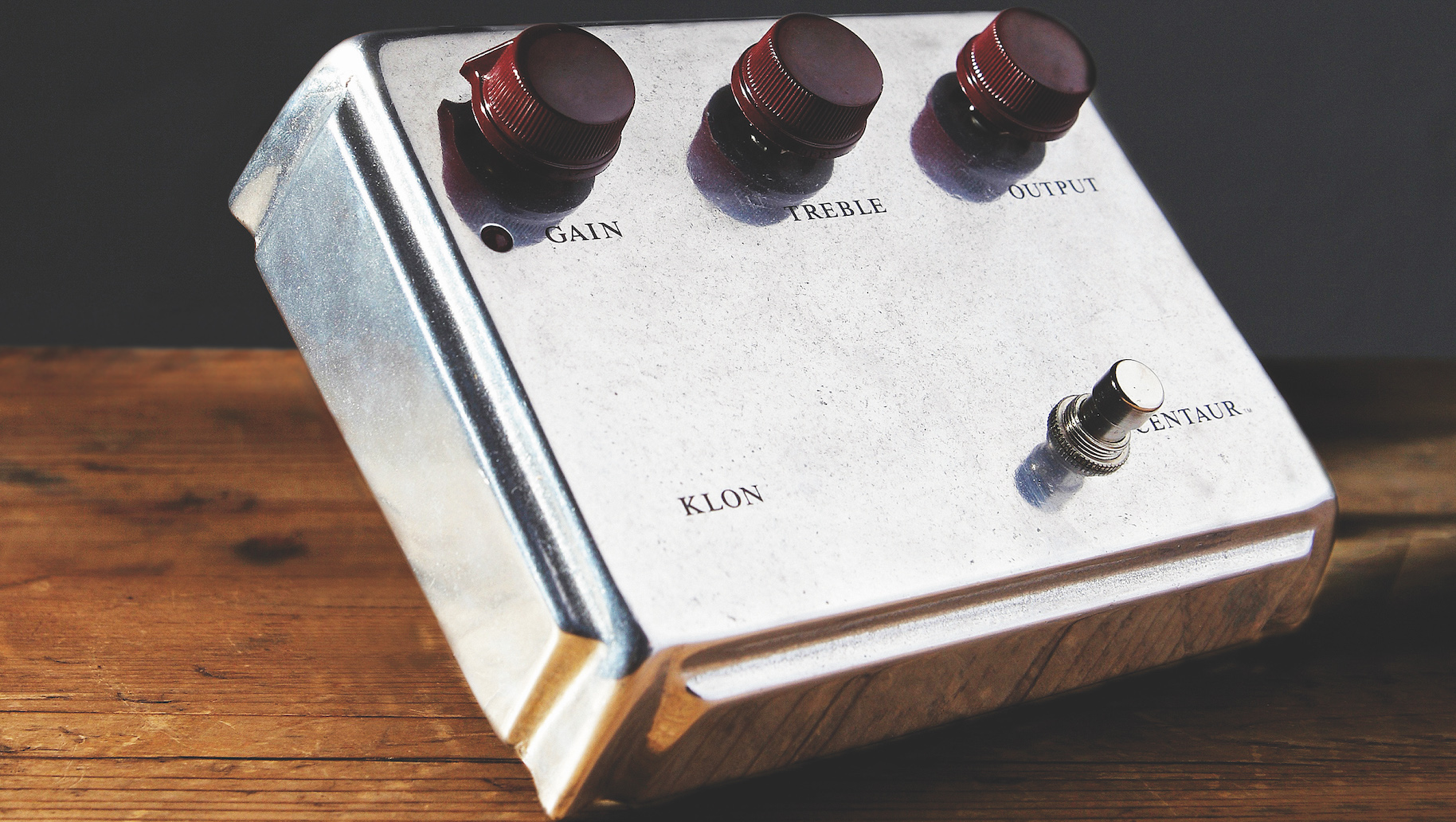The Record That Changed My Life: John Baizley of Baroness Discusses Radiohead's 'OK Computer'

Radiohead
OK Computer (1997)
“When I was young, I discovered punk rock, and through my early adolescence the music on my turntable and Walkman rarely ventured outside the seething universe of punk, hardcore or classic rock. I liked loud guitars, angry emotional singers and high-energy music.
“However, after several years of a steady punk diet, I grew hungry for something new. In 1997, I had left my hometown to go to art school. I had become increasingly dissatisfied with the state of pop music, and I wasn’t inspired by the majority of the underground music of the late Nineties. I needed to hear something fresh, a record that didn’t need a style or genre watermark to define it. A friend of mine who was mutually interested in electronic music asked if I’d heard OK Computer. I was a fan of Radiohead’s earlier records, but I’d written them off as either ‘too popular’ or ‘too cool,’ which were ridiculous critiques in retrospect. But I decided to give this new record a listen.
“I can recall the smallest details of the moment I heard OK Computer: the forsaken hoarder’s nest of a Toyota Land Cruiser I was riding in, the acrid odor of chain-smoked cigarettes, the grey pallor of a typical New England autumn afternoon. Hook. Line. Sinker. I drank this Kool-Aid in deep drafts.
“How to be progressive without being prog-rock? How to harness millennial disillusionment, melancholy and psychedelia in a convincing way, without imitating Dark Side of the Moon? How to approach frustrated, disenchanted and detached themes and lyrics with the conviction, artistry and insight I had been missing? More simply: how to keep the idea of guitar-based rock interesting? These were my questions, and I felt like this record provided many of the answers.
“Here were wonderfully composed guitars that ran the gamut from the serene and delicate orchestrations on ‘Let Down’ to the agitated and angular bursts of ‘Paranoid Android’ to the dense and heavy bass lines of ‘Exit Music.’ Here was top-notch musicianship, indignant innovation, pop song structures blended with punk rhythms and avant-garde noise tendencies. OK Computer was the sound of free expression within the confines and parameters of a rock band, but it also seemed to leave plenty of open road on which to explore further. It’s a shame to think that at one point I considered this a guilty pleasure. It’s a humbling listen, and like any hallmark of music history it has come to mean more to me than the simple sum of its parts. It is human expression laid to tape. For the musician, the artist, the layperson and the dissenter alike, this record can offer a glimpse of something new.”
Get The Pick Newsletter
All the latest guitar news, interviews, lessons, reviews, deals and more, direct to your inbox!
“I wasn't familiar with PRS. If anything, I was like, ‘The birds are too flashy!’ But the moment I played one I was like, ‘Whoa, I can play faster now!’”: Meet Mei Semones, the Berklee graduate reimagining New Orleans vibes with an intricate indie flair
“I hear the promoter got a phone call from Eddie, who said, ‘If Yngwie Malmsteen is playing, I'm not playing’”: Yngwie Malmsteen claims Eddie Van Halen felt “threatened” by him



![The Night Flight Orchestra all glammed-up in stage clothes and photographed against a green backdrop: guitarists Rasmus Ehrnborn [second from left] and Sebastian Forslund [fourth from right]](https://cdn.mos.cms.futurecdn.net/Wy6UcSKUxjjiWvEWzYf3y3.jpg)






